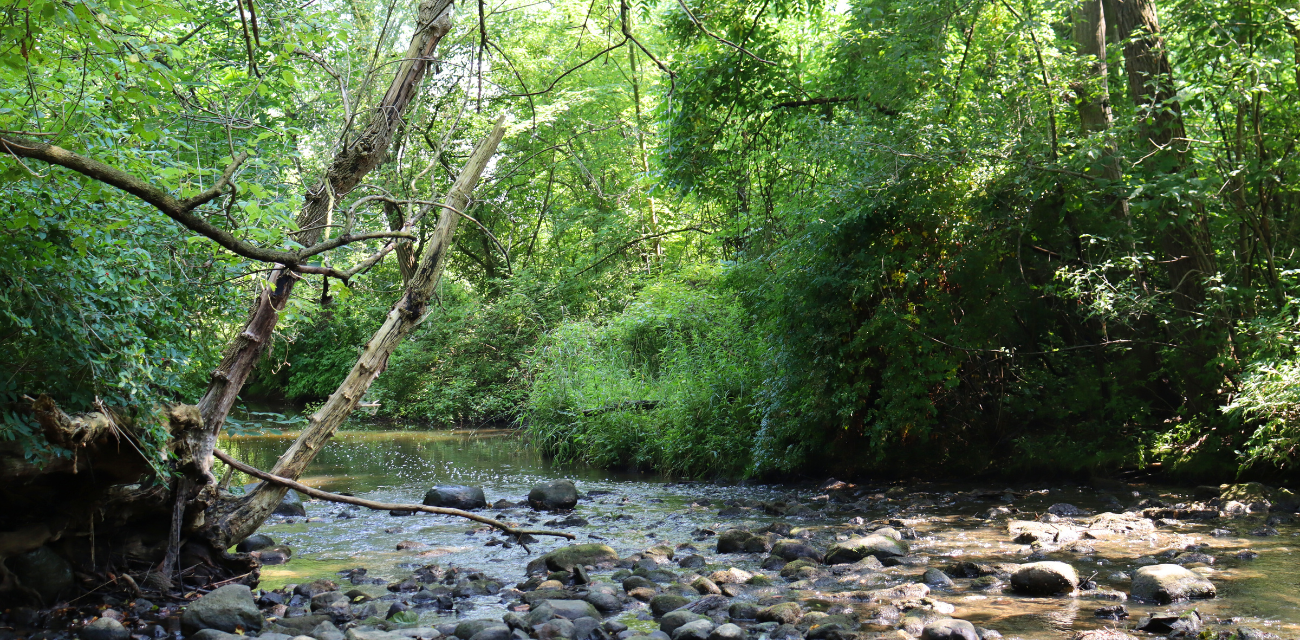Michigan Senate votes to thaw pollution rules

Authored by

Beau Brockett Jr.
Connect With the Experts

Megan Tinsley
A sentence has kept the state frozen in 2006. Legislation takes a red pen to it
A single sentence has rendered the State of Michigan unable to protect people and ecosystems from water pollution for over 18 years. Legislation passed out of the Michigan Senate Wednesday would take a red pen to the phrase.
Senate Bill 663 cleared the chamber in a 20-18 vote. The legislation, sponsored by Sen. Sue Shink (D-Ann Arbor) would eliminate a sentence within the 22,000-word-long Part 31, a subset of Michigan law that gives the Department of Environment, Great Lakes, and Energy (or EGLE) the authority to set rules on pollutants in lakes and streams.
The sentence in question was added in the early 2000s, years after Part 31 came to be. Its 15 words—”The department shall not promulgate any additional rules under this part after December 31, 2006″—prevented EGLE’s public servants from using new science and technology to update its pollution rules from Jan. 1, 2007 onward.
That means EGLE has been unable to upgrade or create new rules on a wide array of pollution protections. It cannot set stricter limits on the amount of algal-bloom-causing contaminants like phosphorus within the Great Lakes. It cannot add chemicals like PFAS to its rules meant to prevent spills. It cannot even use technology that has allowed other states to quickly close beaches when bacteria outbreaks occur.
“Fifteen words have kept us frozen in 2006,” said Megan Tinsley, water policy director of the Michigan Environmental Council. “So much has changed. The alarming extent of PFAS pollution has since been discovered. Science and technology have rapidly advanced. Sen. Shink’s legislation would allow us to finally catch up with the times. It would allow the Great Lakes State to properly protect its namesake once again.”
The legislation now heads to the Michigan House, where a companion bill—Rep. Emily Dievendorf’s (D-Lansing) House Bill 5205—sits. The Environmental Council and its members will continue to advocate for the bills’ passage through a concerted campaign.
Discover
Power environmental change today.
Your gift to the Michigan Environmental Council is a powerful investment in the air we breathe, our water and the places we love.
Sign up for environmental news & stories.
"*" indicates required fields




